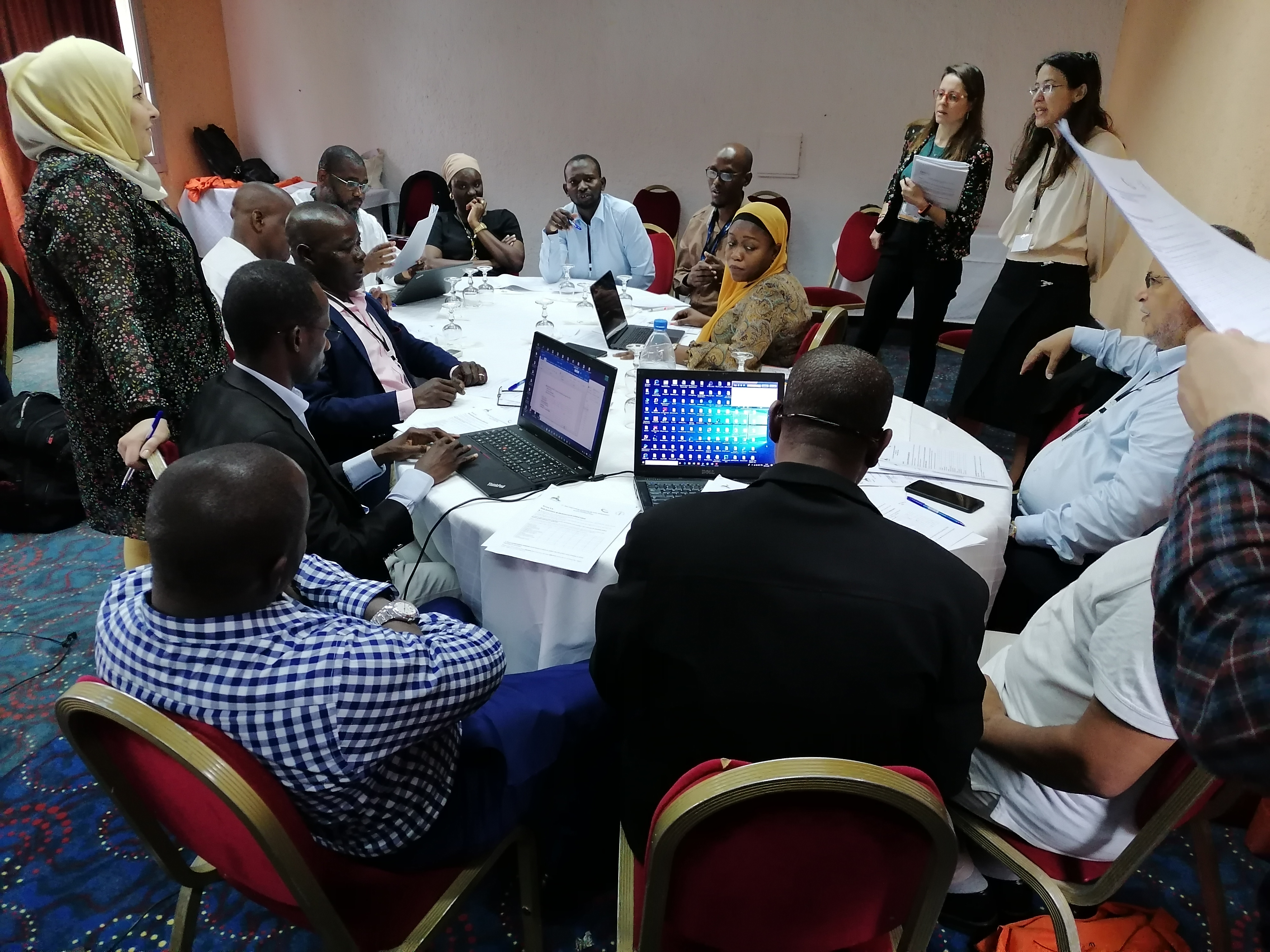Global health is an integrated research and action approach that aims to give full meaning and implementation to a vision of health as a state of bio-psycho-social well-being. It is also a fundamental human right, in which health and disease are considered results of processes that are not only biological but also economic, social, political, cultural and environmental, transcending and exceeding the perspectives, interests and possibilities of individual nations.
This new paradigm, based on extensive scientific evidence and knowledge of health determinants (behavioral, socio-economic, cultural, environmental factors, living and working conditions, etc. that influence the health of an individual or a community), can be applied to the prevention and treatment of diseases and the promotion of health at the individual and population level.
Global health pays particular attention to the analysis of health inequalities, which are present in terms of life expectancy, disease and disability both within and between countries. Unless justified from a biological point of view, health inequalities can be traced back to health determinants and are therefore unfair because they are avoidable. The global health approach promotes the strengthening of health systems in a universalistic perspective with reforms oriented towards equity, solidarity, sustainability and social inclusion. For this reason, it is necessarily intersectoral, transdisciplinary, multi-methodological and transnational. It aims to bridge the gap between scientific evidence and operational decisions within the 2030 Agenda for Sustainable Development Goals.
The global health activity of the Istituto Superiore di Sanità (ISS, the National Institute of Health in Italy) also includes clinical and translational research, training and cooperation, and geographically embraces economically favored countries and countries with limited resources. It tackles all human diseases, not just the so-called "poverty diseases", as structural, socio-economic, political factors, and the access, rights and discrimination issues that underlie health inequalities are common.



